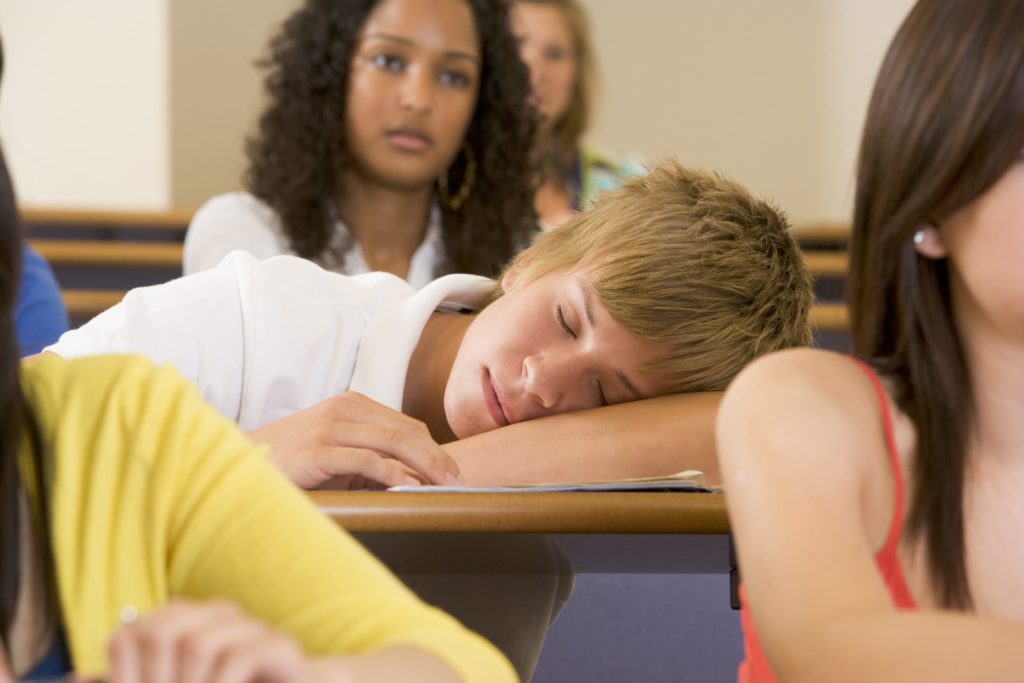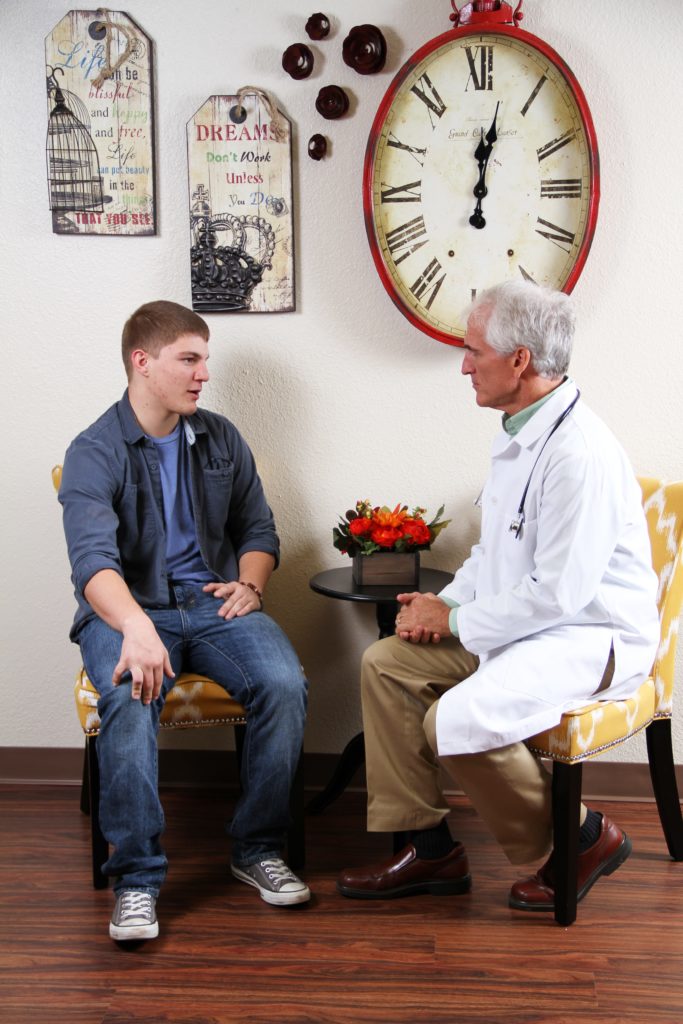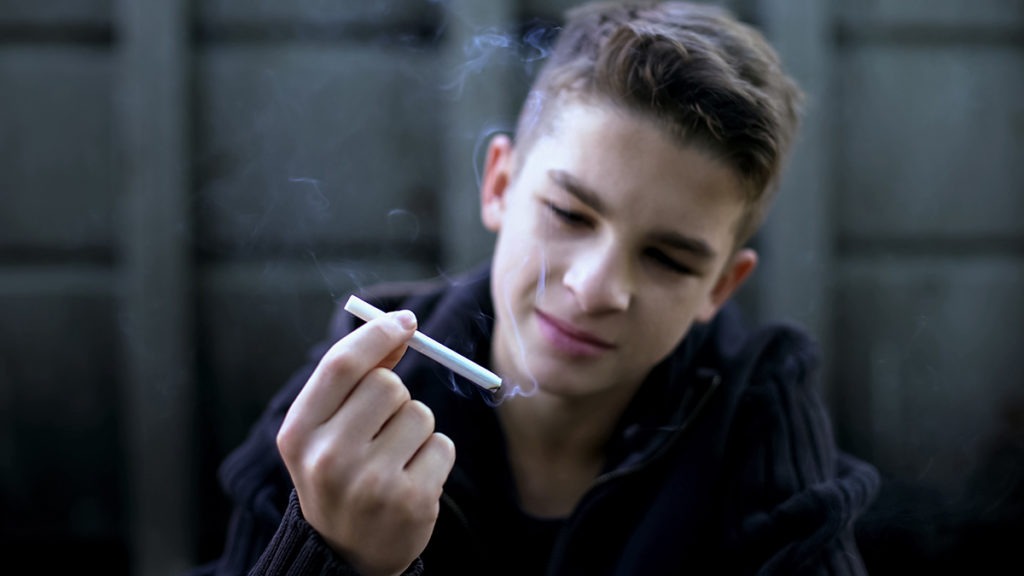Nearly a quarter of Americans between the ages of eight and 15 have experienced a mental health disorder over the previous year. These disorders can result in substance use or additional mental health diagnoses. A new study suggests group therapy can make the difference for teens. The study of 509 British youths from 19 London area high schools examined the effectiveness of two 90-minute group therapy sessions in improving mental health. Among those that participated, group therapy reduced their incidents of mental health issues by 25 to 33 percent over the subsequent 24 months. The study also included a group of control schools in which no therapy was offered. The study was led by psychologist Dr. Patricia Conrad, who studied the effect of group therapy among students. The researchers began by evaluating the students for mental health disorder or substance abuse predictors by using a personality scale measuring behavioral issues, such as impulsivity. In addition the students were examined for hopelessness, anxiety, sensation-seeking and sensitivity. Teachers were trained how to administer the group therapy sessions to high-risk teens, and how to navigate the situation given the teens’ personalities and their tendencies to engage in certain behaviors. The sessions focused on cognitive-behavioral strategies for understanding and managing one’s own personality. The teens discussed their real life situations and the emotions, thoughts and behaviors that were triggered by those situations. During the following two years the students completed surveys every six months. The surveys were used to determine the development of depression, anxiety, conduct problems and suicidal ideation. The results showed that there was a lasting effectiveness associated with the group therapy. The teens exhibited a 21 to 26 percent reduction in anxiety, depression and conduct problem symptoms over the period of the trial. Teens with a high level of impulsivity reduced odds of severe conduct problems by 36 percent. Teens with anxiety reported a 33 percent reduced risk of experiencing severe anxiety symptoms. Likewise, teens that scored high in the area of hopelessness showed a 23 percent decrease in severe depressive symptoms when compared with teens that did not receive group therapy. The interventions may offer a cost-effective and accessible way for teens to receive treatment. The research team is currently testing a similar program among students in 32 high schools in Montreal to determine whether there is additional support for the effectiveness of group therapy intervention for students with mental health symptoms.






